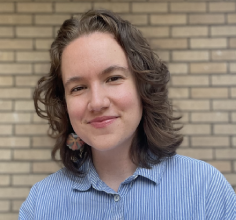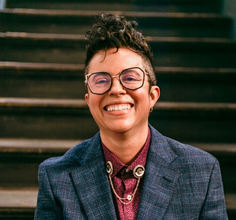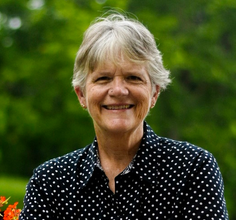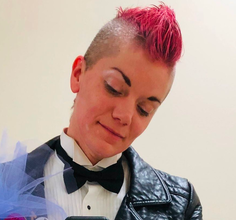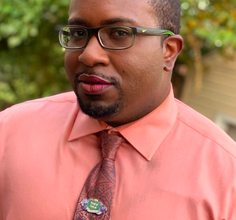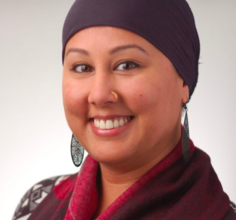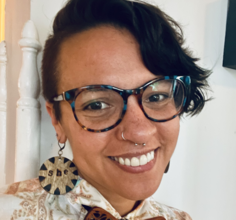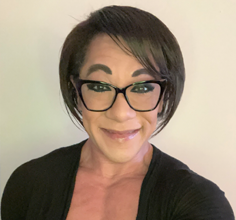In the ever-evolving landscape of mental health, I feel passionate about how crucial it is to recognize and address the unique needs of individuals with diverse sexual orientations. As a licensed certified social worker – clinical (LCSW-C) who is bisexual myself, my commitment is to provide a supportive and affirming space for bisexual individuals seeking orientation-affirming therapy. This therapeutic approach is designed to empower individuals to explore, understand, and embrace their bisexual identity while navigating the challenges that may arise in the process, such as biphobia and erasure.
As an LCSW-C who is a member of the LGBTQIA+ community, I am dedicated to advocating for the mental health and well-being of bisexual individuals. By providing a space that affirms and validates their sexual orientation, I aim to empower clients to navigate the complexities of their identity with confidence, resilience, and a sense of pride.
Orientation-affirming counseling is a type of therapy which focuses on supporting folks with non-heteronormative sexual orientations. For bisexual individuals, this type of therapy acknowledges and validates their capacity for attraction to more than one gender. It creates a safe space for clients to discuss their experiences, feelings, and challenges related to their bisexual orientation, fostering self-acceptance and personal growth.
One of the key principles of orientation-affirming therapy is the cultivation of a trusting and non-judgmental therapeutic relationship. As an LCSW-C, my role is to create an environment where clients feel comfortable expressing their thoughts and emotions without fear of the stigma or invalidation that is so often encountered outside of therapy. This trusting relationship is the foundation upon which individuals can better explore and understand their bisexual identity in a supportive and affirming space.
Bisexuality, often misunderstood and subject to stereotypes, can lead to unique challenges for individuals navigating their identity. When working with an informed clinician, clients can engage in open and honest conversations about the impact of societal expectations, biphobia, and the fluidity of attraction. By addressing these factors, we work together to dismantle external influences that may hinder self-acceptance and impede the exploration of one’s authentic identity. Together, we develop a tailored treatment plan that considers the client’s unique experiences, challenges, and goals. This may involve exploring various aspects of one’s identity, understanding the intersections between one’s gender and sexual or romantic orientation, and addressing any mental health concerns that may arise during the therapeutic journey.
Bisexual individuals often face unique challenges related to biphobia, erasure, or a lack of understanding from both within and outside the LGBTQIA+ community. In orientation-affirming therapy, we navigate these challenges by validating and affirming the client’s lived experiences, along with developing and practicing a variety of coping skills and building resilience. Self-expression and self-acceptance are integral components of the therapeutic journey in any type of therapy, but especially so for someone working through challenges related to their sexuality. For bisexual individuals, this may involve exploring and understanding the fluidity of attraction over time, navigating the coming-out process (perhaps many times in many different settings), and embracing a sense of pride in their orientation. Therapy can become a transformative space where individuals can celebrate their uniqueness and develop a strong sense of self.
I firmly believe orientation-affirming therapy for LGBTQIA+ people, specifically those who are bisexual, is a testament to the ongoing improvement of mental health as providers further recognize the importance of tailored approaches to diverse sexual orientations. It is Reclaim & Rise’s mission to provide a supportive and empowering space for clients to explore, understand, and embrace their identity, fostering self-acceptance and personal growth.





